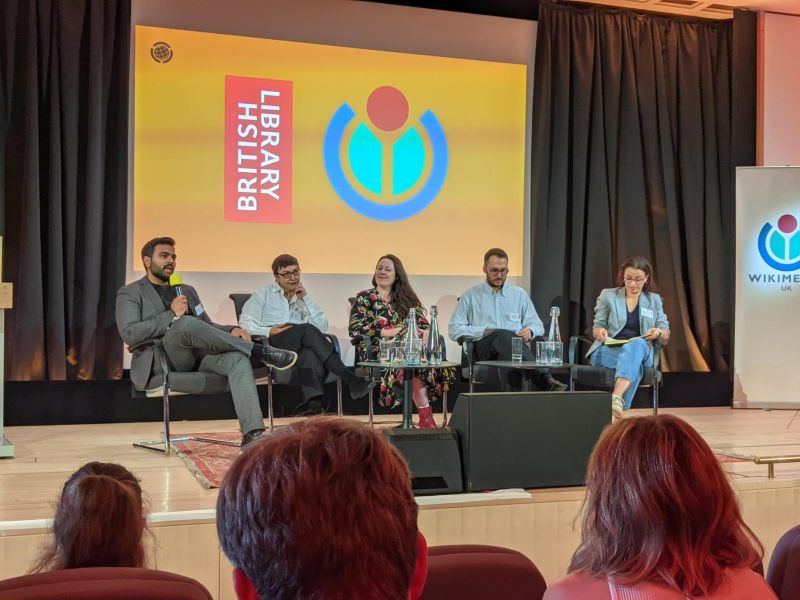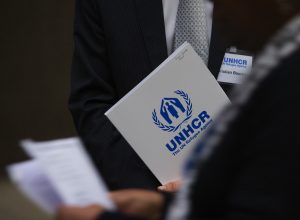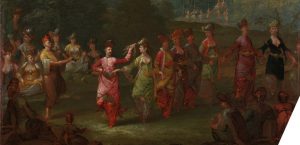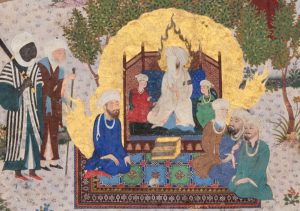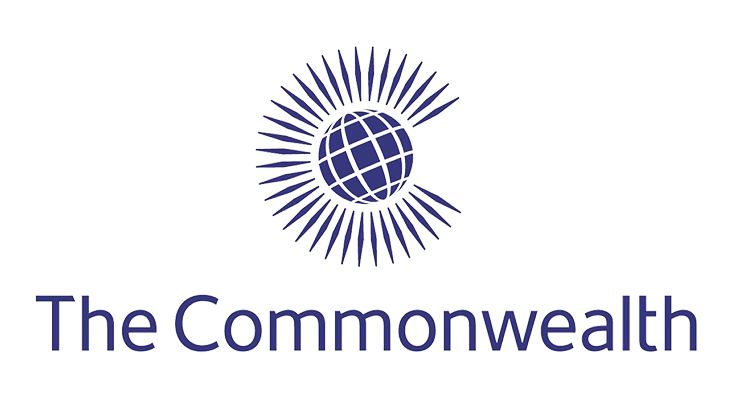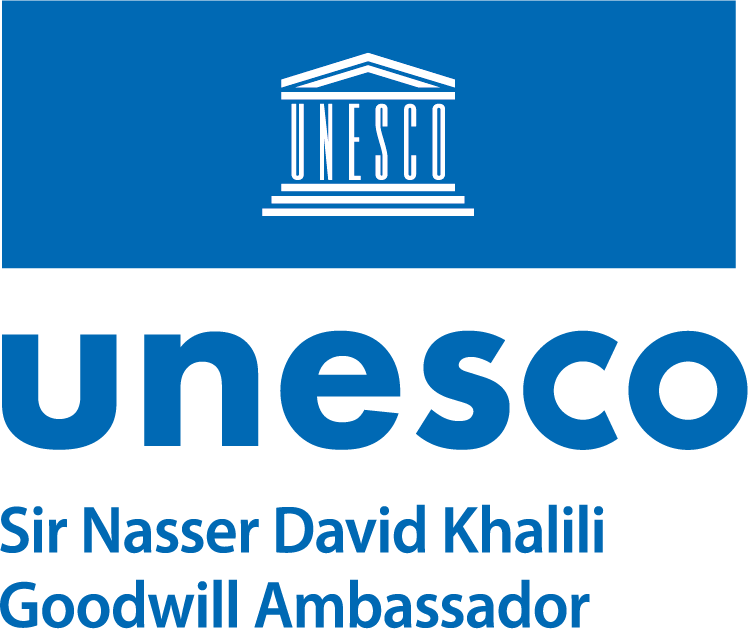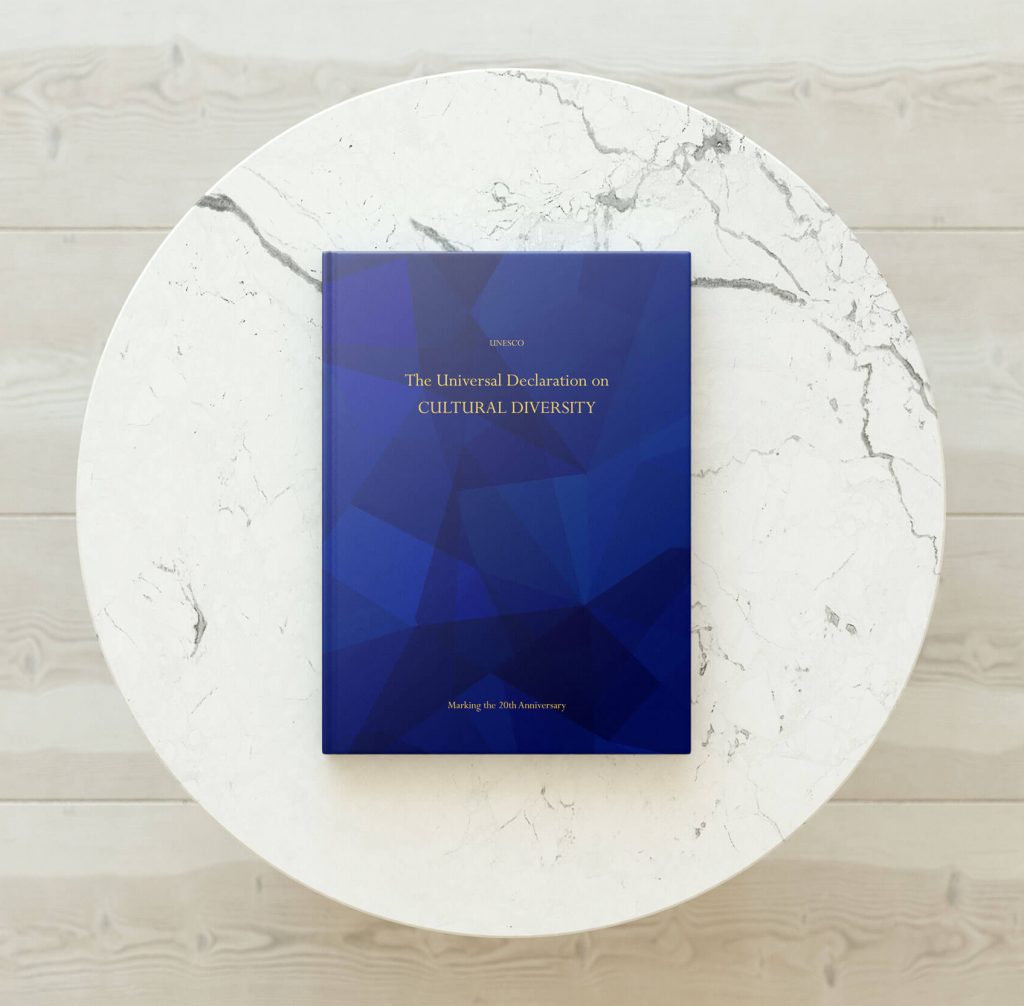The Khalili Foundation demonstrated its commitment to democratising cultural heritage at the recent “Knowledge is Human: The Information Ecosystem in the age of AI” conference, held at the British Library on 20 August 2025.
Leading Conversations on AI and Cultural Equity
Executive Director Waqas Ahmed participated in a pivotal panel discussion titled “Valuing Open Science & Culture,” exploring how institutions can champion openness to ensure knowledge remains transparent, accessible, and equitable in an AI-driven world. The session examined critical questions about how open science and culture contribute to innovation, accountability, and global collaboration, whilst addressing the delicate balance between openness and ethical, commercial, and privacy concerns.
Ahmed’s participation underscores the Foundation’s dedication to ensuring cultural heritage from diverse traditions receives proper representation and value in the digital age, particularly as algorithmic systems increasingly mediate access to knowledge.
A Unique Model for Knowledge Sharing
The Khalili Foundation has earned distinctive recognition within the Wikimedia community for its innovative approach to digital cultural heritage. As the only institution to employ a Wikimedian in Residence—Dr Martin Poulter—to disseminate content beyond its own collections, the Foundation has set a new standard for institutional engagement with open knowledge platforms.
Through its work with the UNESCO Memory of the World programme, the Foundation facilitates access to globally significant cultural materials, extending its impact far beyond the remarkable Khalili Collections themselves. This approach reflects a philosophy that sees cultural institutions not merely as custodians of their own holdings, but as active participants in a broader ecosystem of human knowledge.
The Conference Context
The summit brought together leaders from journalism, technology, academia, and cultural heritage sectors to address how AI is reshaping the information landscape. With sessions exploring everything from digital public goods to transformative uses of open data, the event positioned access to reliable knowledge as an essential human right in an era of rapid technological change.
The Khalili Foundation’s presence at this gathering of thought leaders reinforces its position at the intersection of cultural preservation, technological innovation, and equitable access to knowledge—demonstrating that protecting humanity’s shared heritage requires both stewarding the past and actively shaping the digital future.

